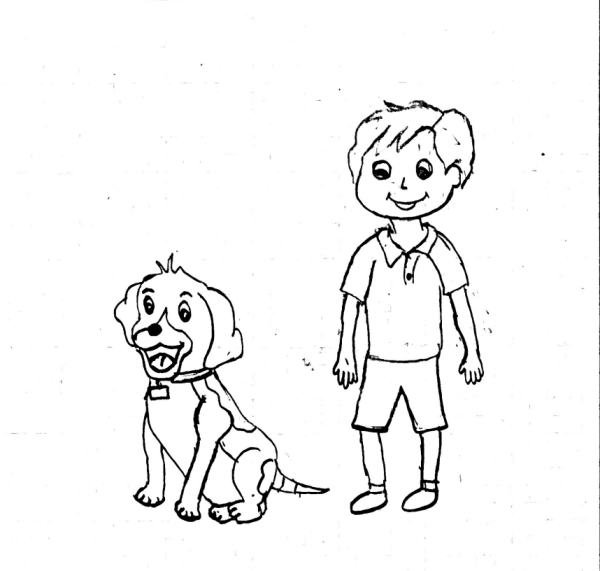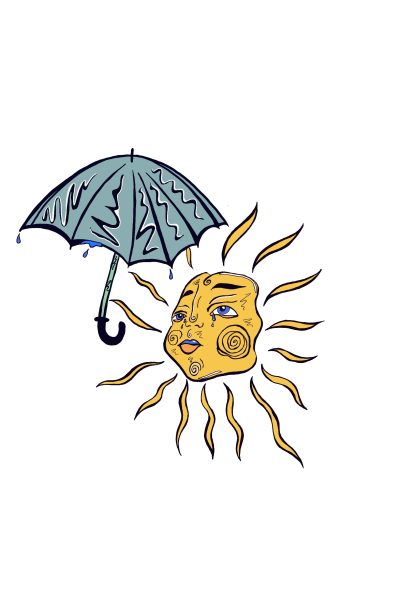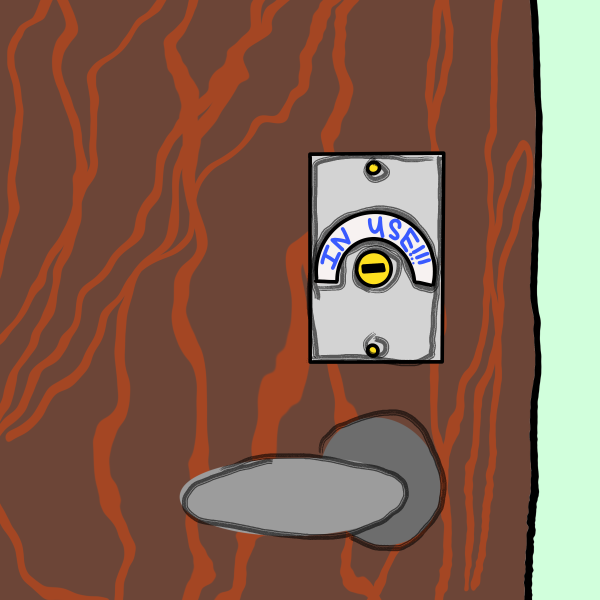An Ernest edict for the daily grind
It’s not surprising that there is something to be learned from one of America’s most beloved authors.
September 21, 2016
The game is back on. The student body presses into week three and the academic lifestyle is lived with growing ease. All turns mundane, and there are fewer distractions from future worries as daily repetition makes the present a simpler matter to cope with. This frees the mind to all manner of gross speculation. “What comes next?” we ask ourselves. “Some heinous research paper? A fit of money-grubbing for that remaining grand of tuition lurking in the Piperline bill? A botched tattoo?” These pressures can be enough to drive a kid into hysterics, which is exactly the allusive sentiment I have seen ooze through gritted smiles these first weeks, particularly from first years getting a handle on this new scene. And yet the real academic drama has not yet struck—that comes much later, in December…
If color psychology holds true, then all this red brick surely encourages latent rage to bubble beneath our skin, which is why it is absolutely necessary that students establish a give-and-take system when it comes to balancing work and play. I can think of a couple friends of mine who did not understand this principle and inevitably experienced anxious breakdowns. A summer co-worker of mine, who was preparing for the big jump to college, anticipated these dangers and asked me how I personally dealt with the pressure. Now I would not consider myself a good model from which to seek advice on this matter; I had a behavioral misfire of my own last spring. Nevertheless, I gave him the same response that I give now: I talked to him about Hemingway.
Ernest Hemingway, yes. The name struck my co-worker like a static shock from a doorknob. He had not given Hemingway much thought in quite some time, and when he did, he thought of the author as a rude caricature, all fists and boozing and no heart. This is not an uncommon perception. I have heard borderline disgust for the man from several peers, most or all of which have never read his work beyond a single novel forced upon them in high school. Nothing ruins a good book like being forced to read it, and I doubt that many people below voting age would care to grapple with Hemingway’s ideas, especially in a poorly air-conditioned classroom beneath buzzing fluorescent lights. I know I did not at the time.
Hemingway wrote much and postured much, but nothing ever concerned him so much as death. If you can remember your high school English lectures, you might remember that Hemingway’s fixation on death informed his entire philosophy of living. By his reckoning, the only two things that mattered in life were how one lives and how one dies. Death is the only thing guaranteed in this life, and so the only way to live truly is to live fully in every moment, to experience all things as vigorously and thoroughly as possible. A person who lives truly maintains their composure—their style—through highs and lows and becomes courageous for it. As a famous quote of his goes, “Courage is grace under pressure.”
Now we may be far from the battlefields and hunting grounds and bullfights that gifted Hemingway his intimate knowledge of death, but when the closest analog in our own setting is a full-tilt depressive breakdown with ugly consequences, perhaps his philosophy should be given its due consideration. College may be a privilege, but it can be a heavy one, and we are expected to crack beneath its mass no more than Atlas if we are to succeed. Reminding ourselves that we are courageous by keeping that globe aloft is just as necessary as eating, and some even forget to do that too.
This was my lesson, learned from Hemingway’s works on many late nights, turning pages beneath a hot desk lamp and caring deeply for wisps like Jake Barnes and Brett Ashley. I say all this to not only sing my praises for Hemingway but to also demonstrate the value of poring through a fine book. I might have never learned this lesson as thoroughly or articulately as I did if not for reading in a moment of crisis. I made this point to my coworker, and I make it again now. If the gym is intimidating or counseling is not your speed or friends are not answering your calls, crack open a book. Reading replenishes the heart with empathy that is so thoroughly drained by the day’s long hours. It is as much a meditative act as yoga or prayer, and just as thorough a moral teacher as a parent. Reading saves lives, and Hemingway saved mine. And as he said, “There is no friend as loyal as a book.”





